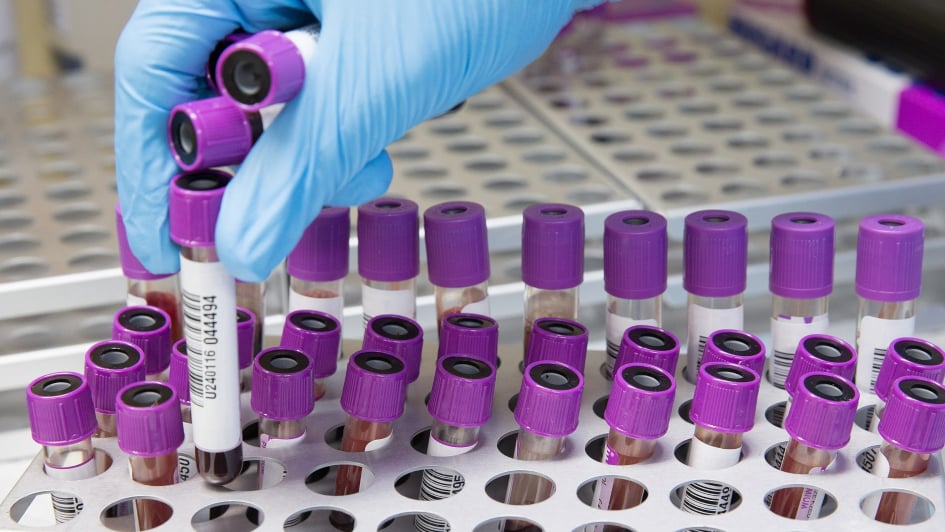 |
| Trisha Wise-Draper, MD, PhD, in her lab in the Vontz Center for Molecular Studies. Photo credit/Colleen Kelley/UC Creative + Brand |
Saturday, September 26, 2020
Immune depleting cancer therapy poses highest risk of dying from COVID-19
Saturday, September 19, 2020
Coffee continues to show benefits for patients with cancer
CANCER DIGEST – Sept. 19, 2020 – A cup of coffee a day appears to lengthen survival for patients treated for advanced colorectal cancer that has spread to other parts of the body, a new study shows.
In the study researchers at Dana Farber Cancer Institute and the MAYO Clinic is based on data from a large observational study nested within a clinical trial. The results align with earlier studies that also showed a link between coffee consumption and improved outcomes in patients with localized colorectal cancer. The findings appear in the Sept. 17, 2020 JAMA Oncology.
In the study researchers at Dana Farber Cancer Institute and the MAYO Clinic is based on data from a large observational study nested within a clinical trial. The results align with earlier studies that also showed a link between coffee consumption and improved outcomes in patients with localized colorectal cancer. The findings appear in the Sept. 17, 2020 JAMA Oncology.
Saturday, September 12, 2020
Blood test to better match targeted therapies to specific cancer defects
CANCER DIGEST – Sept. 12, 2020 – Targeted therapies for cancer are aimed at specific genes and proteins that drive the growth of certain cancers.
The success of these therapies have been seen in lung cancer, certain leukemias, colorectal cancer, certain lymphomas and melanoma.
Saturday, September 5, 2020
Hair dye does not increase risk of cancer
CANCER DIGEST – Sept. 5, 2020 – A lot of women whose hair color comes from a box can breathe a sigh of relief. After years of suspicion that the chemicals in such permanent hair dye carried health risks, including increased risk of cancer, a new study has found no increased risk linked to most cancers or to cancer deaths in women using the products.
The study involved 117,200 women from the long-running Nurses’ Health Study based at the Brigham and Women’s Hospital in Boston. Those women have been followed for 36 years with a variety of analyses coming from the data gathered over those years. The new analysis was published in the Sept. 2 British Medical Journal (BMJ)
Subscribe to:
Posts (Atom)




